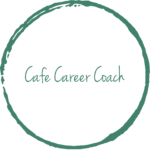
featured in Feedspot’s
“Top 100 Career Blogs“

“Giving you real-world advice to get positive results at work, in your job search, and accomplishing your long-term goals.”
Thank you to all of my readers and clients
who have supported Cafe Career Coach throughout the year.





